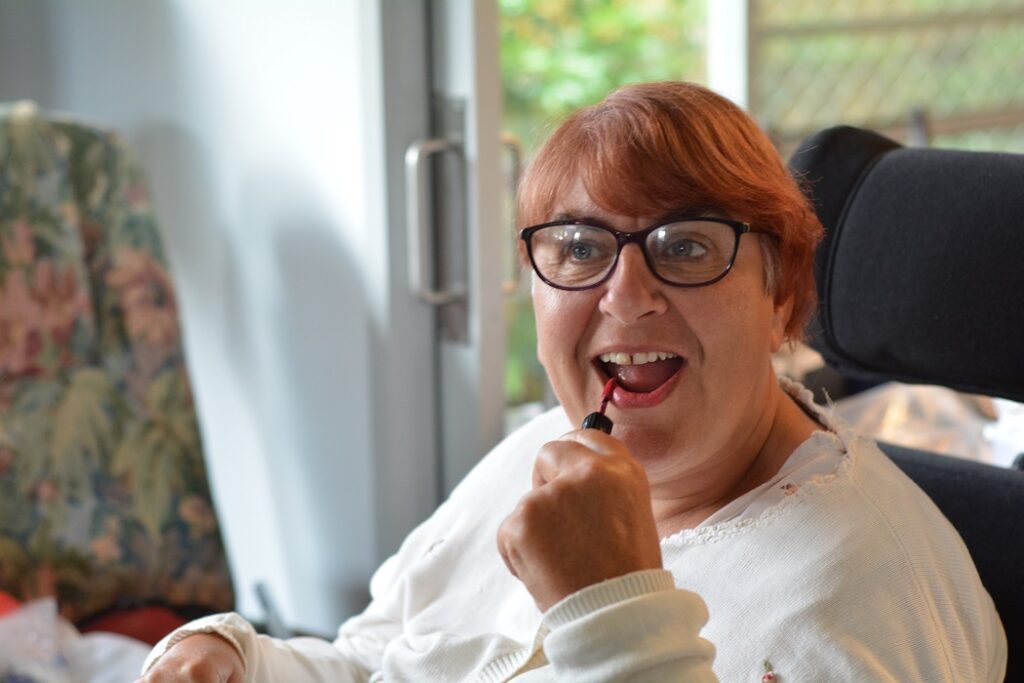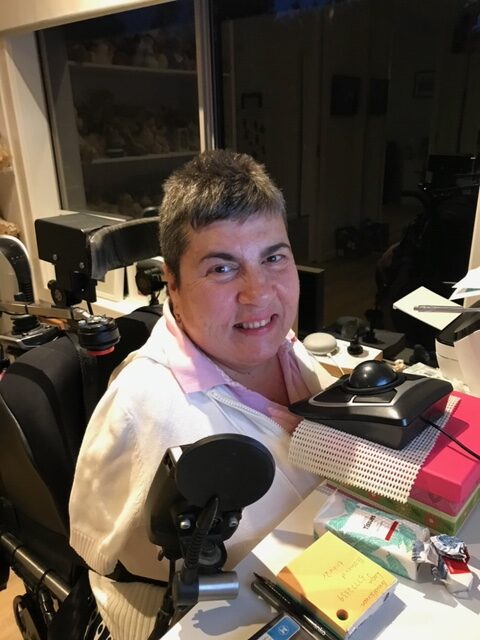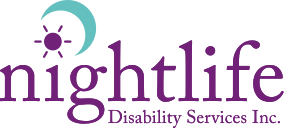
What is the NDIS?
The National Disability Insurance Scheme is an Australian Government Scheme that helps support Australians living with a permanent or significant disability. The NDIS is managed by the National Disability Insurance Agency (NDIA). The NDIS provides funding based on your goals and needs whether this is for practical assistance with mobility, nutrition and care products as well as support and assistance such as personal care, skilled supports and therapies www.ndis.gov.au .
The NDIS can be used to help achieve what is important to you.
As a registered provider of NDIS services we can assist with in- home personal care, complex supports and 24/7 assistance . Nightlife also offers Support Coordination services, which aim to help you to put your plan into place by connecting with the right providers to maximise your use of funds.







Who is eligible for the NDIS?
To be eligible for NDIS, you need to be an Australian citizen or hold a Protected Special Category visa, be under the age of 65 and have a permanent and significant disability which impacts everyday activities. The NDIS is available anywhere in Australia.
The National Disability Insurance Agency (NDIA) decides who is eligible to receive funds. An application is called an access request. For more information on the NDIS and eligibility please visit www.ndis.gov.au/applying-access-ndis/am-i-eligible
Types of Support
Navigating the NDIS system can be overwhelming. Thinking about the supports you need is an important step prior to your first planning meeting with the NDIA or Local Area Coordinator. They will work with you to develop a plan with a range of supports to meet your needs. Understanding your support needs and your plan – is an important step in in getting the most out of your support budget.
A wide range of supports are available to you. Your planning session is an important time to speak with the NDIS about the supports you require. To help to prepare for this conversation you can use our pre-planning resource to work out the supports that are best for you and fit your circumstances. You may need help to get to work or study or need support to live independently.
Families and carers can also write an impact statement that can be useful in thinking about planning for emergencies and circumstances where families may be unable to care.
The types of support you get will be outlined in your NDIS plan which is developed with you in a planning session with the NDIA or a Local Area Coordinator.
If you want to learn more about this process you can use the NDIS website that explains the planning process and getting the most out of your plan https://www.ndis.gov.au/participants/how-planning-process-works.
Our Support Coordinator or service team are also happy to help with any questions or queries enquiries@nightlife.org.au
The NDIS will allocate your funding under different support categories that match the supports discussed in your planning.
The NDIS has three broad categories of support:
The budget for core supports is the most flexible and includes support to pay for personal items and equipment needed for your disability, homecare, personal care and support to go out in the community. You can move your funding between supports as your needs change.
Capital supports fund specific equipment or building modifications such as a specialist home or modifications to your home or car, wheelchairs or other mobility aides.
These supports are to help build your skills and independence. This may involve helping you to attend education or to access therapies that are important to assess your needs and increase your independence.




Getting Support
Choosing an NDIS provider may appear daunting, a google search can bring up a thousand options. It’s okay to ask lots of questions to understand your plan and get the help you need!
Don’t be afraid to ask your friends and other family members about their experiences and recommendations. If you are new to the NDIS, it may be worth asking your planner for someone to help you put services in place such as a support coordinator. Your Local Area Coordination Service may be another useful source of information. They are there to help navigate people in their local area.
You may also find it helpful to write down some questions to ask different providers. Some things you might think about after you have spoken with a service provider include:
- Did I feel comfortable talking with them, were they helpful?
- Did they listen to my concerns and try to understand my goals and objectives?
- Did they provide me with enough information and answer all my questions?
- How do their services differ from other organisations?
- How experienced are their staff? Do their staff have the right skills and qualifications?
- What services do they offer? Personal care? Nursing care? Help around the house such as home and garden maintenance?
- Will they be able to provide me with a team of staff to make sure I am never left without staff?
- If I don’t feel comfortable will I be able to speak with them, how do I contact them to make any changes or raise concerns?
- How much do their services cost?
You are in charge of your funding and you are in control. Its important that you find a service that you feel you can talk to and fits to your needs.
